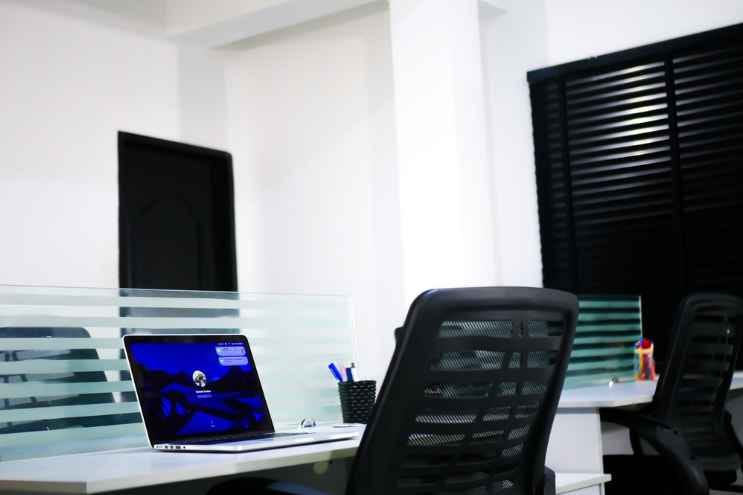‘It changed my life’: How Techub Spaces supports digital natives in Ikeja
“The environment is conducive enough for work.”
Olumide Oyeleye wanted to get into tech, but he wasn’t sure how to go about it. In 2019, he was a 20-year-old graphic designer just out of vocational school. Then, a client invited him to Techub Spaces, a co-working centre in Agidingbi, Ikeja, after a struggle at home with power …




